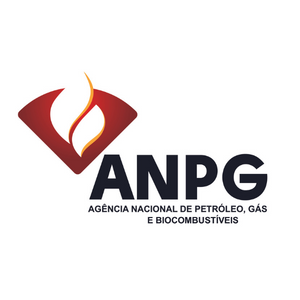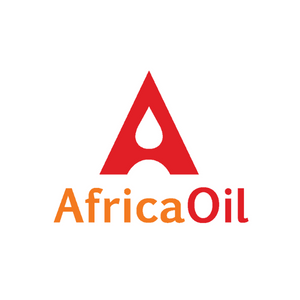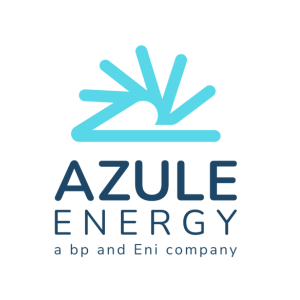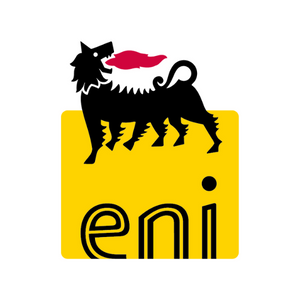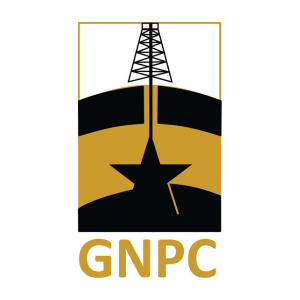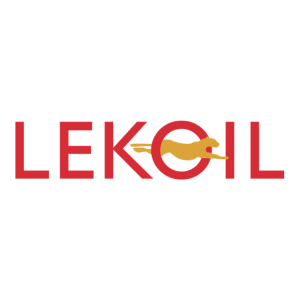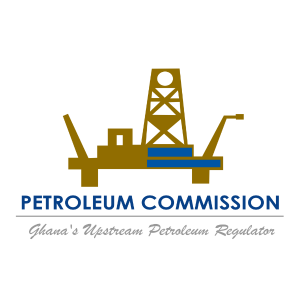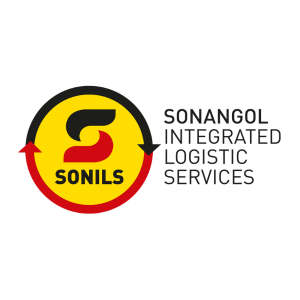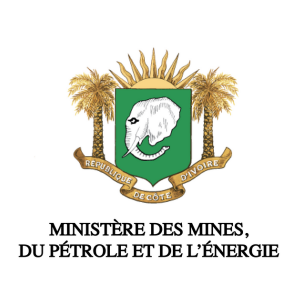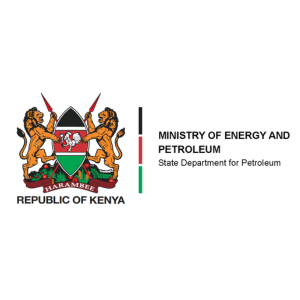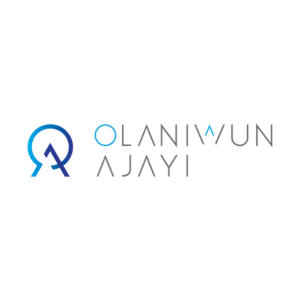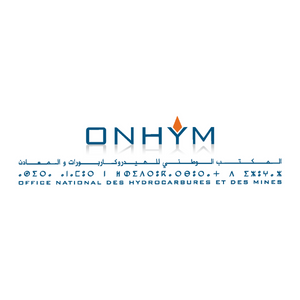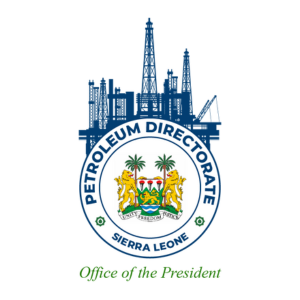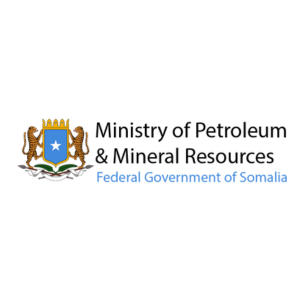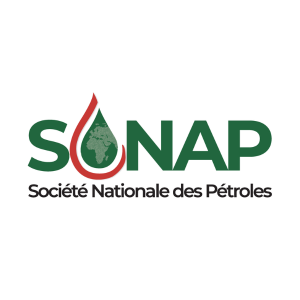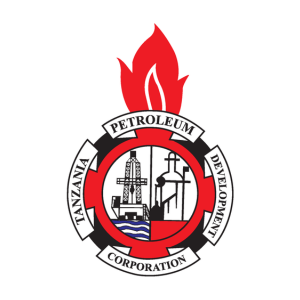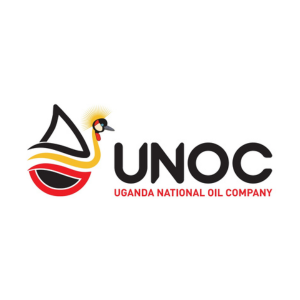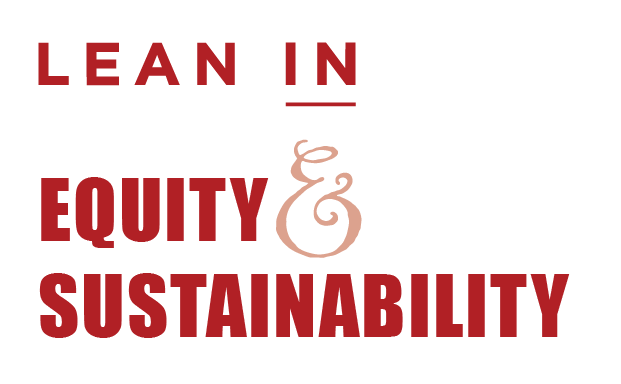Hon. Gwede Mantashe opens AOW Virtual Day 2
Programme Director
Fellow Ministers of Energy and Petroleum resources
Chairpersons and Chief Executive Officers of Private and State-owned energy companies
Representatives of Investors in the Oil and Gas industries
Ladies and Gentlemen
We meet during what referred to as the ‘new normal’. The global devastation of the Coronavirus pandemic, Covid-19, has meant that Governments and Businesses should put in place social distance measures in our daily interactions, create an environment for remote workplaces, conduct conferences and meetings on virtual platforms and adhere to strict hygiene regulations in all our living work spaces.
The lockdown measures intended to slow down the spread of the virus, knocked global and national economies hard. Hence the decline in economic activity worldwide, notably the decreased demand for energy in the oil sector. This in turn depressed the prices of crude oil and petroleum products. The crude oil exporting countries bore the brunt of the low oil prices while the importing countries benefited from lower refined product prices. The low oil prices have resulted in a review of a number of planned upstream and midstream investments in the Oil and Gas sector. A number international oil companies are now announcing lay-offs of a number of workers and in the unconventional oil and gas sector.
These are all factors of what is meant about the new normal being a disruptor.
As we seek to restore our economies, we should reimagine the future, adapt and adjust our programmes to create policy certainty, attract investment and save livelihoods.
Following the nationwide lockdown, South Africa allowed the petroleum energy sector to operate at full capacity. However, the decreased demand for petroleum products forced some refineries to close. Further relaxation to lockdown regulations has led to rapid increase in demand, which resulted in shortages in some energy products, especially petroleum products.
The energy sector is a catalyst for economic growth. Hence the prioritisation of the supply of affordable and reliable energy.
Since our last meeting in Cape Town in 2019, we have published the Petroleum Resources Development Bill for public comment. We have had consultations with a broad range of stakeholders. Our intention is to have the Bill finalised; to attract investment and ensure synergy between oil and gas activities and our nation’s environment and water resources.
An immediate positive result of separating oil and gas from the mining legislation, has been the exploration by Total. The company has again, this year, brought another oil and gas drilling rig for the Luiperd prospect in Block 11B/12B off the Mossel Bay coast. The drilling is expected to be from one hundred and eighty to three hundred (180 to 300) days, with an estimated local of spend One and a Half Billion Rand (R1.5 billion). It is envisaged that various local companies and industries will benefit from the project. We are obviously thrilled with the confidence shown by Total in our Government and our country and hope for even a bigger find of oil this time around.
On another front the Central Energy Fund continues to engage Saudi Aramco in a pre-feasibility study into a crude oil refinery in Richards Bay. We look forward to a positive outcome of the Saudi Aramco evaluation.
South Africa needs a new crude oil refinery. The scale of petroleum product imports and the existing capacity in our refineries makes it necessary.
Through implementation of the Integrated Resource Plan approved in 2019, which is commonly referred to as the IRP 2019, we are exploring ways to reduce high costs and eliminate unreliability of supply. The Department of Mineral Resources and Energy, therefore, issued two determinations to enable an additional thirteen thousand megawatts (13 000 MW) into the electricity grid, in the short and medium term
The IRP envision a “just transition” from a high to a low carbon emission environment. At the same time, we aim to diversify electricity generation sources as well as ensure local and regional development. Gas and Renewables account for a significant portion of the power that will be procured in the short to medium term.
We are re-positioning South Africa to be a serious player in the global gas market. We will promote the development of a domestic and regional gas market. We continue to advance our Gas to Power projects with the Coega Special Economic Zone (SEZ) identified as the first Liquefied Natural Gas (LNG) import terminal. This lays a foundation for Gas to Power plants and converting existing power plants from Diesel to Gas.
Present and future gas discoveries in our country should find their way to our power plants and other petrochemical facilities. This will reduce the importation of beneficiated hydrocarbons. To this end, a Technical Working Group that will produce a commercial business plan for the development of the LNG import-export facilities across various ports of our country, has been established.
The Gas Amendment Bill will be tabled in Parliament, in line with the appropriate legislative process. The Bill aims to, among others, attract infrastructure investment for LNG imports; increase exploration; create domestic gas feedstock; diversify the energy mix and reduce carbon emissions.
Liquefied Petroleum Gas, or LPG, is an efficient form of energy for cooking, space heating, and water heating. Yet its contribution remains to be below par. Integral to the LPG Expansion Initiative, we have set a target to double LPG consumption over the next five years. Also localise the manufacturing of gas cylinders and appliances.
The national Gas Master Plan 2020 is being developed. This will consolidate our participation in the development of the SADC Regional Gas Master Plan aimed at strengthening regional cooperation in the creation of a regional gas market.
Against this backdrop, the military insurgency in the gas rich part of Mozambique concerns us. A solution to bring about peace and stability in the affected areas must be found urgently.
Programme Director,
Ladies and Gentlemen
To resolve our energy challenges, we should identify opportunities and exploit them. These efforts should lead to ensuring that the poor and marginalised are included in policymaking processes and in the economic growth and development initiatives in the energy sector.
I thank you.
Fellow Ministers of Energy and Petroleum resources
Chairpersons and Chief Executive Officers of Private and State-owned energy companies
Representatives of Investors in the Oil and Gas industries
Ladies and Gentlemen
We meet during what referred to as the ‘new normal’. The global devastation of the Coronavirus pandemic, Covid-19, has meant that Governments and Businesses should put in place social distance measures in our daily interactions, create an environment for remote workplaces, conduct conferences and meetings on virtual platforms and adhere to strict hygiene regulations in all our living work spaces.
The lockdown measures intended to slow down the spread of the virus, knocked global and national economies hard. Hence the decline in economic activity worldwide, notably the decreased demand for energy in the oil sector. This in turn depressed the prices of crude oil and petroleum products. The crude oil exporting countries bore the brunt of the low oil prices while the importing countries benefited from lower refined product prices. The low oil prices have resulted in a review of a number of planned upstream and midstream investments in the Oil and Gas sector. A number international oil companies are now announcing lay-offs of a number of workers and in the unconventional oil and gas sector.
These are all factors of what is meant about the new normal being a disruptor.
As we seek to restore our economies, we should reimagine the future, adapt and adjust our programmes to create policy certainty, attract investment and save livelihoods.
Following the nationwide lockdown, South Africa allowed the petroleum energy sector to operate at full capacity. However, the decreased demand for petroleum products forced some refineries to close. Further relaxation to lockdown regulations has led to rapid increase in demand, which resulted in shortages in some energy products, especially petroleum products.
The energy sector is a catalyst for economic growth. Hence the prioritisation of the supply of affordable and reliable energy.
Since our last meeting in Cape Town in 2019, we have published the Petroleum Resources Development Bill for public comment. We have had consultations with a broad range of stakeholders. Our intention is to have the Bill finalised; to attract investment and ensure synergy between oil and gas activities and our nation’s environment and water resources.
An immediate positive result of separating oil and gas from the mining legislation, has been the exploration by Total. The company has again, this year, brought another oil and gas drilling rig for the Luiperd prospect in Block 11B/12B off the Mossel Bay coast. The drilling is expected to be from one hundred and eighty to three hundred (180 to 300) days, with an estimated local of spend One and a Half Billion Rand (R1.5 billion). It is envisaged that various local companies and industries will benefit from the project. We are obviously thrilled with the confidence shown by Total in our Government and our country and hope for even a bigger find of oil this time around.
On another front the Central Energy Fund continues to engage Saudi Aramco in a pre-feasibility study into a crude oil refinery in Richards Bay. We look forward to a positive outcome of the Saudi Aramco evaluation.
South Africa needs a new crude oil refinery. The scale of petroleum product imports and the existing capacity in our refineries makes it necessary.
Through implementation of the Integrated Resource Plan approved in 2019, which is commonly referred to as the IRP 2019, we are exploring ways to reduce high costs and eliminate unreliability of supply. The Department of Mineral Resources and Energy, therefore, issued two determinations to enable an additional thirteen thousand megawatts (13 000 MW) into the electricity grid, in the short and medium term
The IRP envision a “just transition” from a high to a low carbon emission environment. At the same time, we aim to diversify electricity generation sources as well as ensure local and regional development. Gas and Renewables account for a significant portion of the power that will be procured in the short to medium term.
We are re-positioning South Africa to be a serious player in the global gas market. We will promote the development of a domestic and regional gas market. We continue to advance our Gas to Power projects with the Coega Special Economic Zone (SEZ) identified as the first Liquefied Natural Gas (LNG) import terminal. This lays a foundation for Gas to Power plants and converting existing power plants from Diesel to Gas.
Present and future gas discoveries in our country should find their way to our power plants and other petrochemical facilities. This will reduce the importation of beneficiated hydrocarbons. To this end, a Technical Working Group that will produce a commercial business plan for the development of the LNG import-export facilities across various ports of our country, has been established.
The Gas Amendment Bill will be tabled in Parliament, in line with the appropriate legislative process. The Bill aims to, among others, attract infrastructure investment for LNG imports; increase exploration; create domestic gas feedstock; diversify the energy mix and reduce carbon emissions.
Liquefied Petroleum Gas, or LPG, is an efficient form of energy for cooking, space heating, and water heating. Yet its contribution remains to be below par. Integral to the LPG Expansion Initiative, we have set a target to double LPG consumption over the next five years. Also localise the manufacturing of gas cylinders and appliances.
The national Gas Master Plan 2020 is being developed. This will consolidate our participation in the development of the SADC Regional Gas Master Plan aimed at strengthening regional cooperation in the creation of a regional gas market.
Against this backdrop, the military insurgency in the gas rich part of Mozambique concerns us. A solution to bring about peace and stability in the affected areas must be found urgently.
Programme Director,
Ladies and Gentlemen
To resolve our energy challenges, we should identify opportunities and exploit them. These efforts should lead to ensuring that the poor and marginalised are included in policymaking processes and in the economic growth and development initiatives in the energy sector.
I thank you.








